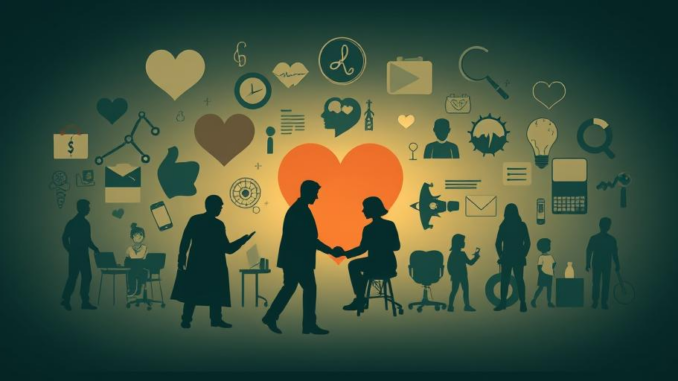
Summary
This article explores the promising role of mobile health (mHealth) technologies in revolutionizing substance abuse treatment. It discusses how mHealth addresses barriers to traditional care, offers personalized interventions, and empowers individuals in their recovery journey. The future of addiction treatment is bright, thanks to the innovative applications of mHealth.
** Main Story**
Substance abuse. It’s a massive public health challenge, hitting individuals, families, and communities hard, all over the world. And despite how common it is and the devastation it causes, getting effective treatment is still a struggle for many. Think about it: geographical limitations, money problems, the stigma attached, fear of being judged… all of these can stop people from seeking traditional, in-person help.
However, mHealth – mobile health technologies – that’s offering a real glimmer of hope. It’s got the potential to completely change addiction treatment, making recovery more accessible than ever before.
Breaking Down Walls, Giving Power Back
mHealth interventions are all about using the smartphones and devices we already have to get evidence-based treatments directly to people dealing with substance abuse. And the cool thing is, these interventions can come in many shapes and forms:
-
Mobile Apps: There’s a whole universe of apps out there designed to help people self-monitor, prevent relapse, set medication reminders, learn coping skills, and connect with support networks. These apps really put the power back in the individual’s hands, letting them take an active role in their recovery and manage their condition discreetly and conveniently.
-
Virtual Reality (VR) Therapy: VR is no longer just for gaming. It’s creating immersive experiences that can help people learn how to deal with cravings and triggers. Imagine practicing relapse prevention strategies in realistic, simulated situations. What’s more, it can even address underlying trauma or any co-occurring mental health issues.
-
Wearable Sensors: These little gadgets can track physiological data – heart rate, sleep patterns, activity levels – giving real-time insights into a person’s well-being and spotting potential relapse warning signs. And that data? It can be shared with healthcare providers, allowing them to really personalize treatment plans and offer support when it’s needed most.
-
Telehealth: Telehealth platforms break down geographical barriers, which in turn increases access to professional guidance and support, because lets face it, not everyone can easily get to a therapist’s office. With telehealth, you can connect with therapists, counselors, and support groups remotely.
Customized Treatment, Better Engagement
One of the best things about mHealth is that it can provide interventions that are really tailored to each person’s unique needs and preferences. By gathering data on substance use patterns, triggers, and coping mechanisms, mHealth apps and platforms can provide customized feedback, resources, and support. This can make treatment way more effective, right?
And it’s not just about personalization. mHealth also makes treatment more accessible and convenient. Think about someone who’s just finished detox. That’s a really high-risk period. Or what about those times when stress levels are through the roof, and cravings are intense? mHealth offers support whenever and wherever it’s needed most. For example, I once heard about a program where people received supportive text messages during their commute home from work – a notoriously difficult time for many in early recovery.
A Sneak Peek at Tomorrow
The potential of mHealth to change addiction treatment is enormous, and it’s still growing. Emerging tech, like artificial intelligence (AI) and machine learning, are being woven into mHealth platforms to provide interventions that are even more personalized and predictive. AI algorithms can sift through mountains of data, spot patterns, and predict relapse risks. With these insights in hand, we can proactively intervene and improve outcomes.
For instance, imagine an app that notices a change in your sleep patterns and activity levels, suggesting you reach out to your support network before you even consciously recognize you’re struggling. That kind of proactive support could be a game-changer.
A Promising Outlook
mHealth technologies are changing the game when it comes to addiction treatment. They offer a more accessible, personalized, and engaging path to recovery. By knocking down barriers, empowering individuals, and harnessing the power of technology, mHealth has incredible potential to transform the lives of millions of people affected by substance abuse. I really believe the future of addiction treatment is looking brighter, and mHealth is leading the way towards a healthier, more hopeful future for anyone seeking recovery. It isn’t a replacement for traditional methods, but it is an excellent tool in providing wrap around support and after care.


Be the first to comment